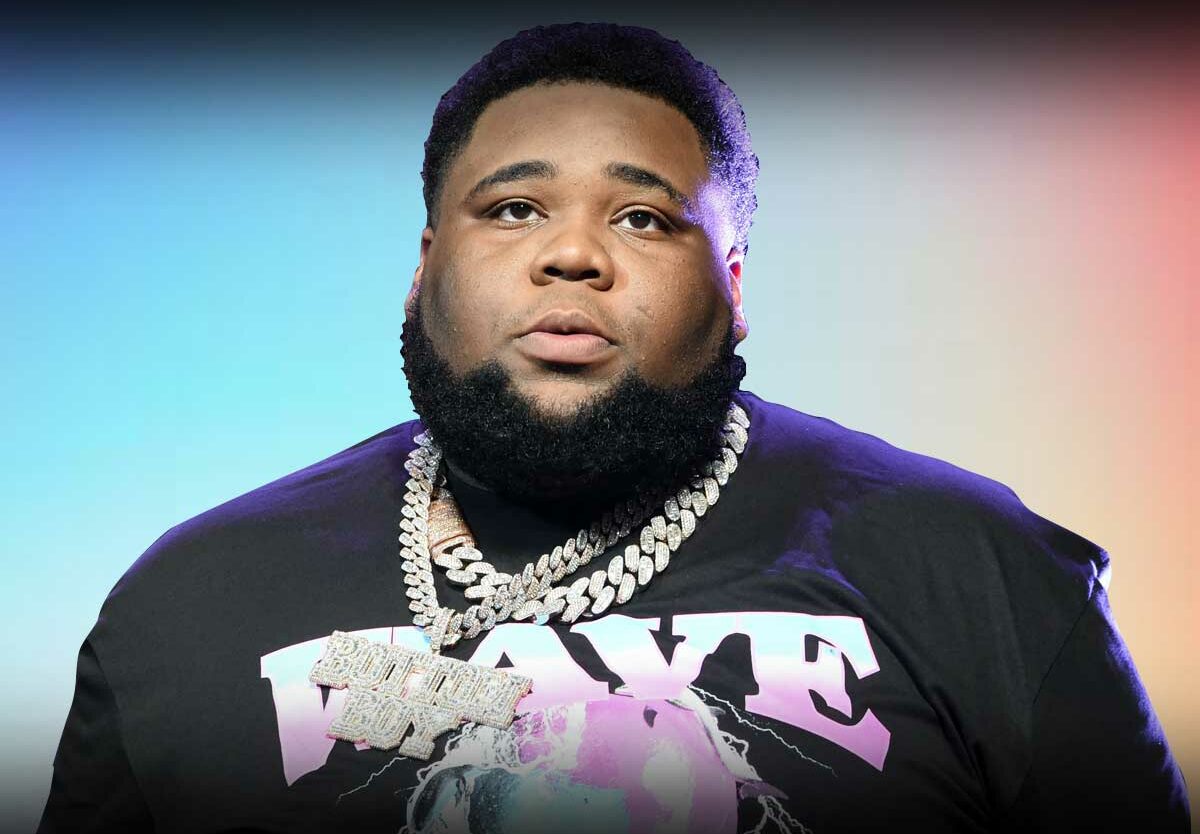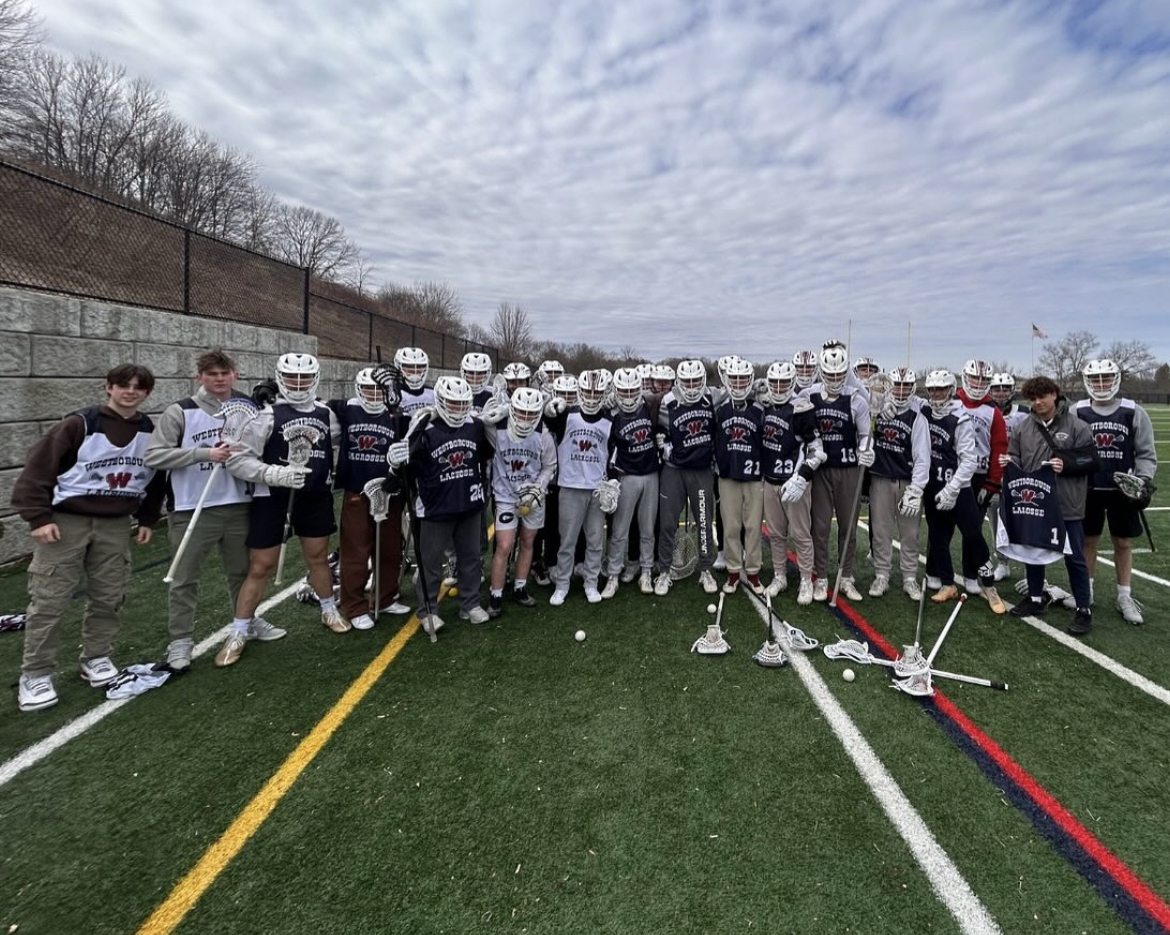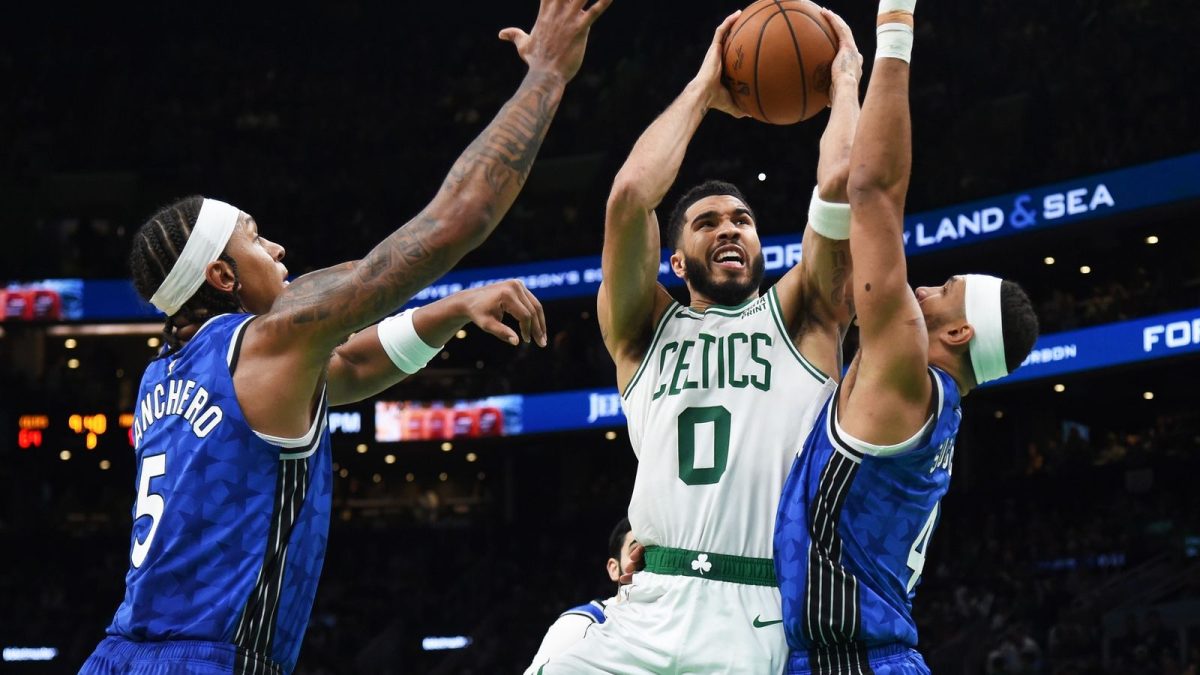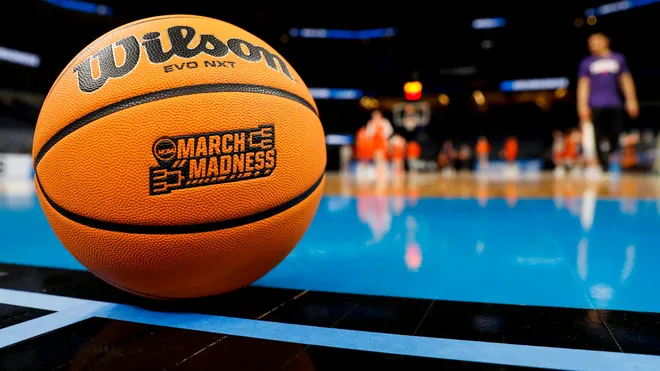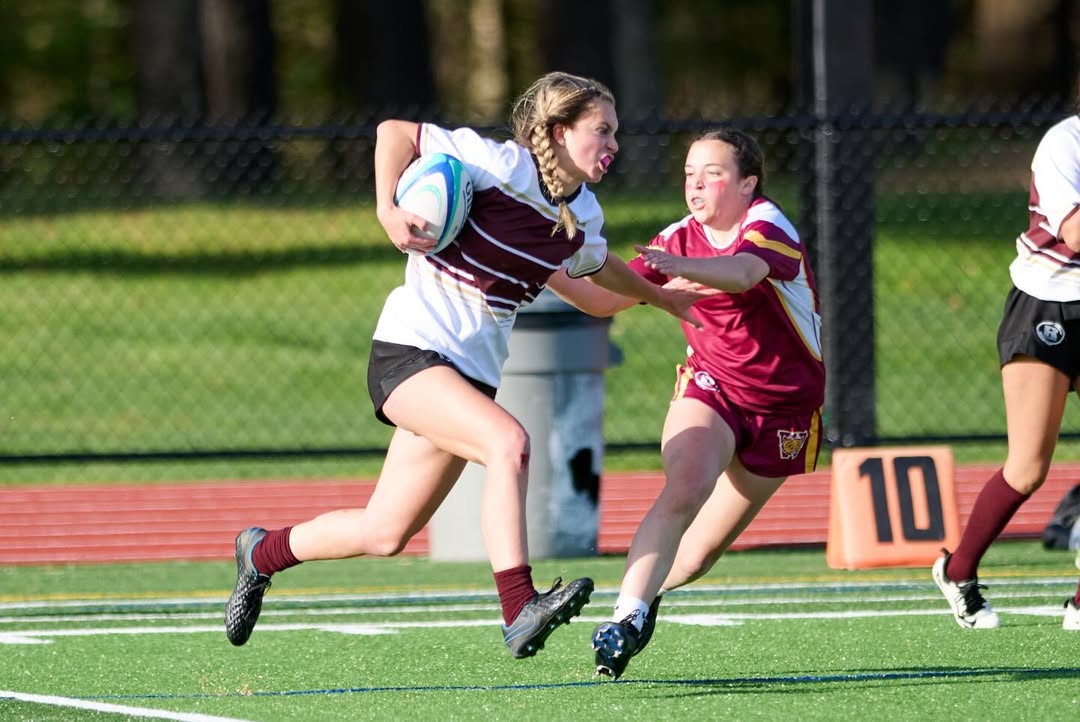During a recent Week 3 game of the NFL regular season, Miami Dolphins quarterback Tua Tagovailoa took a heavy hit from Buffalo Bills linebacker Matt Milano. After taking the hit, Tagovailoa’s head jerked back and hit the turf. Shaken up by the collision, Tagovailoa came back to his feet and is ran back to the line of scrimmage when he lost his balance and fell back down to the turf. Immediately following this, he went into the locker room to be further examined. The commentators surely thought Tagovailoa had suffered a concussion, but somehow he was able to return in the second half of the game and led the Dolphins to the win.
Although Tagovailoa had suffered a concussion, the Dolphins had a quick turn around on Thursday Night Football against Joe Burrow and the Bengals. This sparked many questions on whether Tagovailoa was going to be available. Tua had been a limited participant in practice the previous two days leading up to the game, but was ruled active hours before the game.
Midway through the second quarter, Tagovailoa took a hit from defensive tackle Josh Tupou and was seen in a decorticate position, which is an uncontrolled imbalance of electrolyte activity in the brain. When this occurs, the brain can no longer control coordinated movements of body parts such as finger and elbow flexion and extension. Tagovailoa was eventually brought off the field on a stretcher and was sent to the University of Cincinnati Medical Center for further examination.
Watching this happen live, I was nervous and shocked to see how his body reacted because I had never seen anything like that before. I’ve seen Tagovailoa take hits with much more power than Tupou’s, so I was very surprised to see his body react that way. The only reason that I can think of is that he wasn’t given enough time to heal his previous concussion. These franchises need to remember that players are going to have a life after football. And injuries, especially to the brain, need to be taken more seriously.
As a journalist, I question the ethics of the Dolphins organization because Tagovailoa was clearly not ready. I understand that the players are getting paid a lot of money to play for the team and to help them win a Super Bowl, but they should never rush someone back on the field, especially when it comes to brain injuries.
Many football players suffer from CTE (chronic traumatic encephalopathy) after football and it is caused by constant hits to the head. It can cause confusion, aggression, depression, anxiety, and, eventually, progressive dementia. This can only be diagnosed after the player has passed away, but it can be avoided by giving players the time they need to fully heal their injury before taking another hit.
This is unacceptable because as a doctor you promise to care for the sick, promote good health, and alleviate pain and suffering. The Dolphins’ trainers did the opposite and it looks as if they only wanted the win. I think that the NFL needs to take a stand and remind teams to think twice before sending their players back into the game after a collision. Thankfully, later Thursday night the Dolphins announced that Tagovailoa was released from the hospital. Tagovailoa suffered a joint concussion, but has control of all of his body parts. He has been sidelined indefinitely. I wish a speedy recovery for Tagovailoa, but this action by the Dolphins cannot be overlooked and needs to be settled to protect other players of the NFL.

